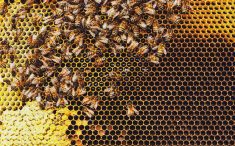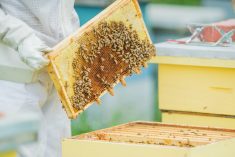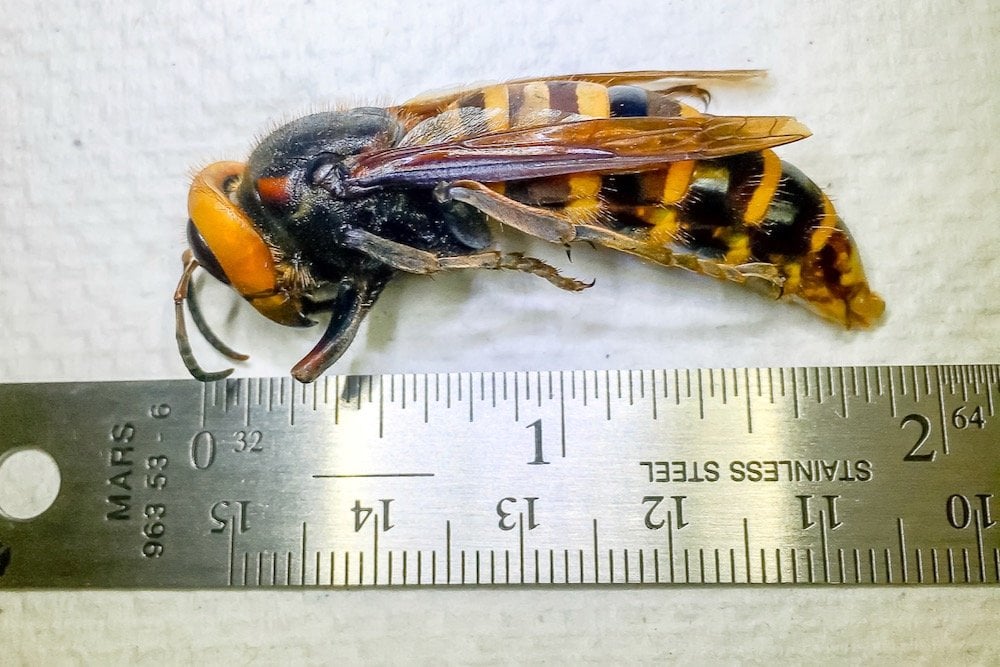The world’s most widely used insecticide is an inadvertent contraceptive for bees, cutting live sperm in males by almost 40 per cent, The Guardian in the UK is reporting.
Citing research led by Lars Straub at the University of Bern, Switzerland, the report says neonicotinoid pesticides were found to cut the lifespan of the drones by a third.
Scientists say the research, which has been published in the Proceedings of the Royal Society B, offers an explanation for higher rates of honey bee mortality and declining wild pollinators in recent years.
Neonicotinoids have come under increasing scrutiny in recent years and have been banned from use on flowering crops in the EU since 2013.
The researchers exposed drones to the neonicotinoids, thiamethoxam and clothianidin. They found that they had on average 39 per cent less living sperm compared with unexposed bees.
In fact, 32 per cent of the drones were dead at 14 days, which is when they usually reach sexual maturity. By comparison, 17 per cent of unexposed drones were dead before they were mature enough to mate.















